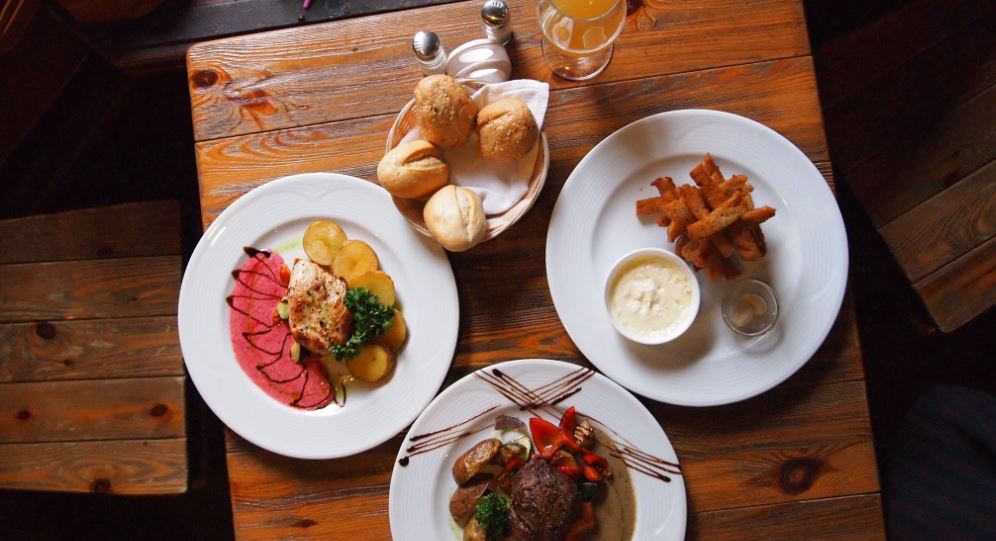We all know that proper nutrition and a healthy lifestyle go hand in hand. What we don’t realize is how this is of utmost importance in the elderly.

Adults over the age of 65 are especially vulnerable to diseases that are the direct result of their diet. A few examples are diabetes and heart disease. They are also prone to malnutrition, particularly micronutrients deficiency. This is why it’s important for them to have good nutrition.
As we grow old, our metabolic rate declines, and many other changes happen in our bodies. For the elderly, their nutrition needs change as they get older, and they need to keep up with their diets to keep their aging bodies healthy.
There are many ways that eating healthy can be a challenge for the elderly, however. Their oral health and their appetite, as well as the medication they’re taking, may present them with a limited diet. Their energy requirements may be less, especially if they are less mobile. This means they may not eat as much food as they used to. Their loss of senses, such as the sense of taste and smell may also affect how they eat. These are only a few of the factors that can affect their nutrition.
So, how can we help our elderly loved ones maintain a healthy diet?
Here are some tips that can help you, as caregivers of elderly parents or loved ones, as you help them stay healthy with proper nutrition.
1. Consider diversity. Make sure they have a highly diversified diet. This means their meals must have the proper proportions of macronutrients and micronutrients to prevent vitamin and mineral deficiencies that can cause more health problems for the elderly. Make sure they don’t have much refined carbohydrates and have plenty of lean proteins, low-fat dairy products, and colorful fruits and vegetables.
2. Snack smart and snack right. Avoid processed food, even in snacks. Have them eat small snacks with fruits and vegetables in between meals.
3. Choose fiber. Fiber helps elderly maintain proper cholesterol levels. This also helps in maintaining a healthy digestive system. You can get fiber from fruits and vegetables as well as in seeds, beans, and lentils. Also, choose whole grain.
4. Stock up on Omega-3 Fatty Acids. Make sure that your elderly loved ones get this staple from fish as well as flaxseed, soybeans, and walnuts. This can help prevent inflammation that helps prevent cancer and other diseases.
5. Calcium. This is essential for bone health, so make sure they get this from fortified milk, juices, and other products.
6. Vitamin D. This goes hand in hand with Calcium as the former helps in the latter’s absorption in the body. Both go together to help promote optimal bone health. This can be found in eggs and fish as well as exposure from the sun.
7. Vitamin C. This antioxidants help the body recovery from infections and wounds. It also helps in collagen production. Citruses are the best and natural source of Vitamin C.
8. Vitamin B12. This helps maintain optimal nerve function. It can be found in dairy, meat, and poultry products. They can be taken as supplements as well.
9. Iron. This helps prevent elderly people from being anemic and lethargic. These can be taken as supplements, on top of eating iron-rich food such as meat.
10. Water. Water might probably be the most underrated nutrient, but it is one of the most essential things we should all have in our diet. For seniors, neglecting water can pose serious health risks.
At Blessed Home, we provide our clients with a balanced diet with 3 full meals per day and snacks in between. We also help ensure that they are in good health with our resident medical team and caregivers.

Recent Comments